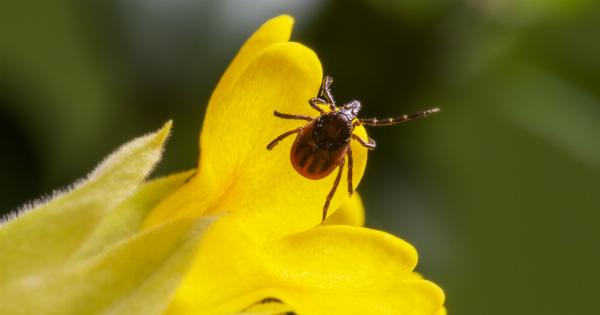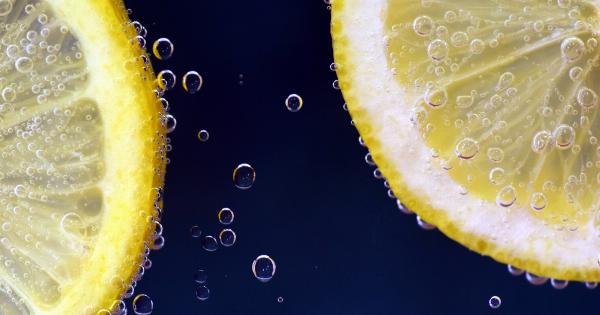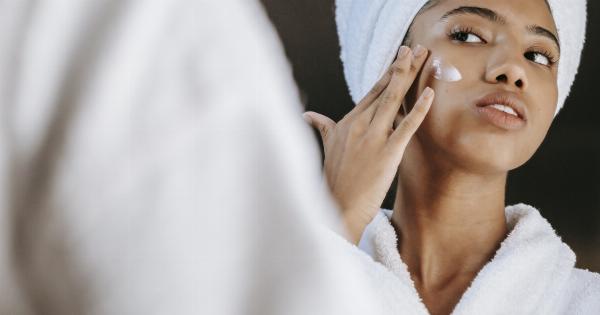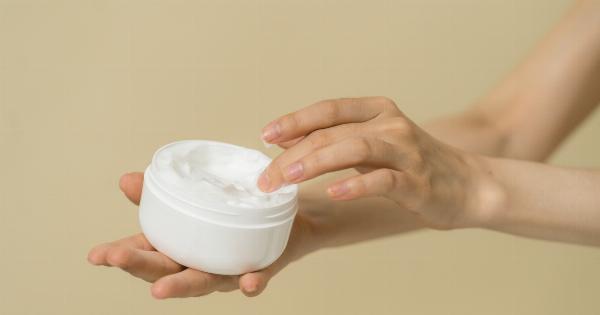Mosquitoes are considered to be one of the deadliest animals on the planet. They are notorious for their ability to spread deadly diseases, such as malaria, dengue, yellow fever, and Zika.
These tiny insects have been responsible for killing millions of people throughout history. Although they are small, they are powerful and can cause a great deal of harm.
What are mosquitoes?
Mosquitoes are small, flying insects that belong to the family Culicidae. There are over 3,500 different species of mosquitoes found across the world. They are most commonly found in warmer climates, particularly in areas with high humidity.
Mosquitoes can range in size from just a few millimeters to nearly 20 millimeters in length.
How do mosquitoes feed?
Mosquitoes feed on the blood of humans and other animals. Female mosquitoes require blood in order to produce eggs. Male mosquitoes, on the other hand, feed on nectar from flowers.
Mosquitoes can locate their prey by sensing carbon dioxide and other chemicals that are released by the body when we breathe.
When a mosquito bites, it pierces the skin with its proboscis, which is a long, straw-like structure. The mosquito then sucks the blood out of the host’s body.
While this is happening, the mosquito also injects saliva into the host’s body, which can cause an immune response and lead to itching and swelling.
Why are mosquitoes considered dangerous?
Mosquitoes are considered dangerous because they are capable of transmitting a wide range of diseases. When a mosquito bites an infected person or animal, it can pick up the virus or parasite responsible for the disease.
The mosquito can then spread the disease to other people or animals that it subsequently bites.
Malaria is perhaps the most well-known disease transmitted by mosquitoes. It is estimated that over 400,000 people die from malaria each year, with the majority of these deaths occurring in sub-Saharan Africa.
Other diseases spread by mosquitoes include dengue fever, yellow fever, chikungunya, and Zika virus.
How can we protect ourselves from mosquitoes?
One of the most effective ways to protect ourselves from mosquitoes is to use insect repellent. Insect repellents containing DEET, picaridin, or oil of lemon eucalyptus are particularly effective at keeping mosquitoes at bay.
Wearing long sleeves and pants, using mosquito nets, and avoiding being outside at dawn and dusk can also help to reduce the risk of being bitten.
Eliminating standing water around the home can also be effective at reducing mosquito populations.
Mosquitoes lay their eggs in standing water, so keeping the yard clear of any containers or objects that can collect water can help to keep mosquitoes from breeding. Using mosquito traps and citronella candles can also help to reduce the number of mosquitoes in the area.
Conclusion
Mosquitoes may be small, but they are capable of causing a great deal of harm. By taking steps to protect ourselves from these silent foes, we can reduce the risk of contracting deadly diseases.
Eliminating standing water, using insect repellent, and wearing protective clothing can all help to keep mosquitoes at bay.






























